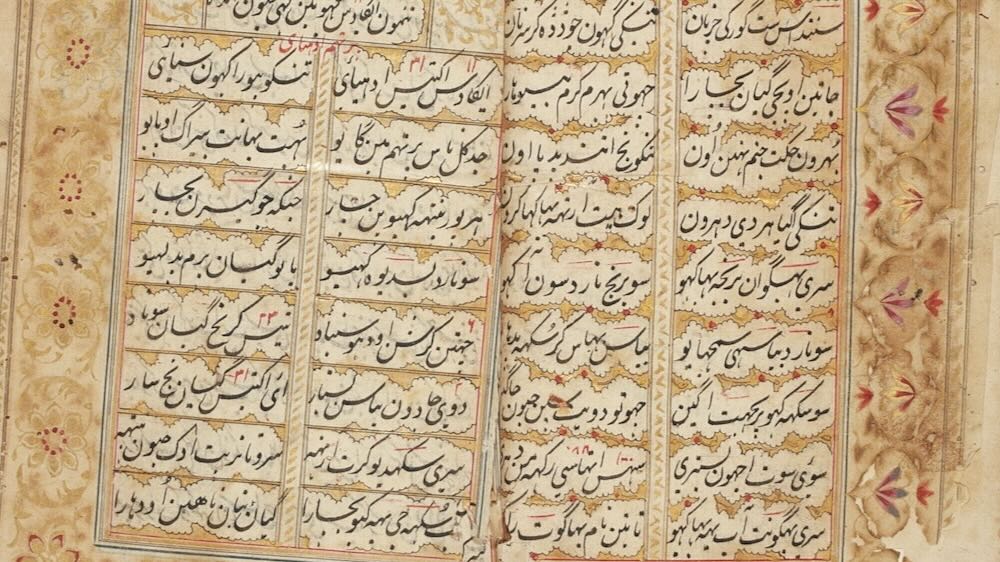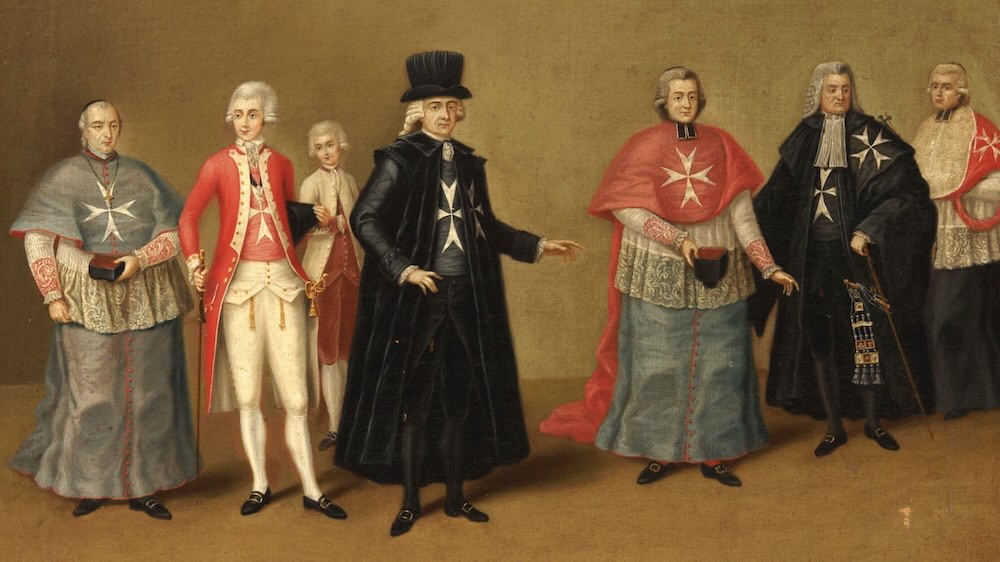The Empress And The Church Library: Manuscript Donations By Empress Zawditu
The Empress and the Church Library: Manuscript Donations by Empress Zawditu
This story is part of an ongoing series of editorials in which HMML curators and catalogers examine how specific themes appear across HMML’s digital collections. From the Eastern Christian collection, Dr. Jeremy R. Brown has this story about Women.
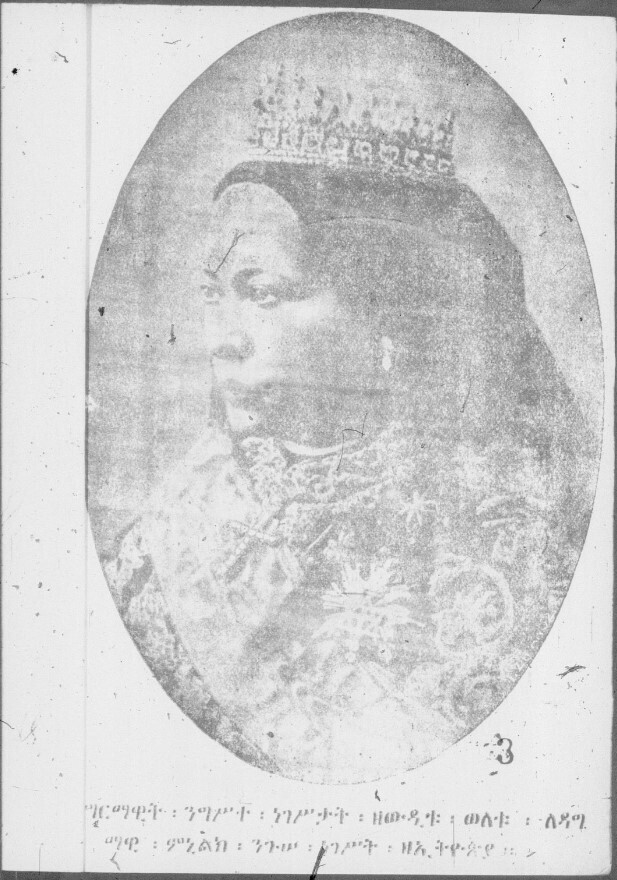
Church libraries in Ethiopia have often depended upon wealthy and powerful patrons to offer them the manuscripts needed for services and study. Empress Zawditu (reigned 1916–1930 CE) was one of the most important patrons for the churches of Addis Ababa in the 20th century. She built both church buildings and church libraries during her reign as Queen of the Royalty (ንግሥተ፡ ነገሥታት).
Empress
Empress Zawditu (ዘውዲቱ) was the youngest child of Emperor Menilek, with whom she was quite close. Along with her stepmother Empress Ṭāytu, Zawditu played an important role in caring for her father during his later years. When Menilek passed away in 1913 CE, his grandson (Zawditu’s nephew) leǧ (prince) Iyāsu was named as the heir to the throne. However, leǧ Iyāsu was never crowned and was ultimately deposed and replaced as ruler by Zawditu in 1916 CE.
The upheaval of this time is clearly illustrated in the pages of a manuscript detailing the lives of the saints that was donated to Enṭoṭṭo Kidāna Meḥrat Church, Addis Ababa, Ethiopia (EMML 1853). The early pages of the manuscript are filled with prayers for Emperor Menilek, Empress Ṭāytu, and leǧ Iyāsu.
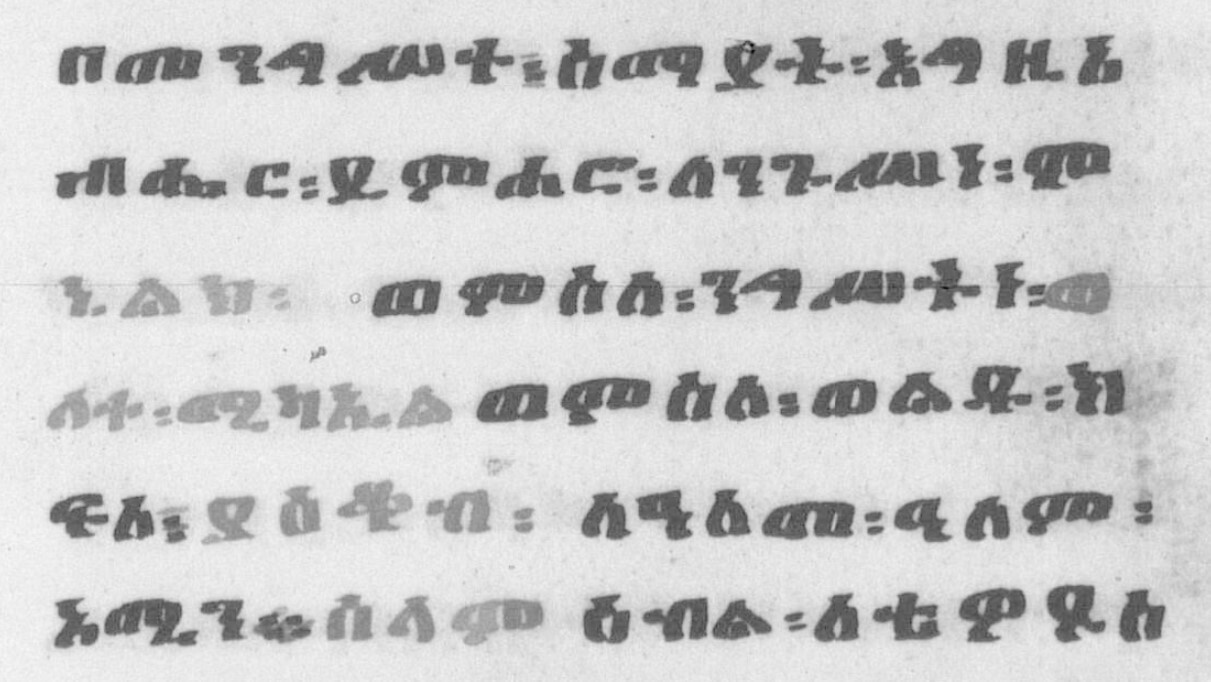
However, just a few pages later the prayers have significantly changed, now honoring the souls of Emperor Menilek and Empress Ṭāytu and praying for the newly appointed Empress Zawditu.
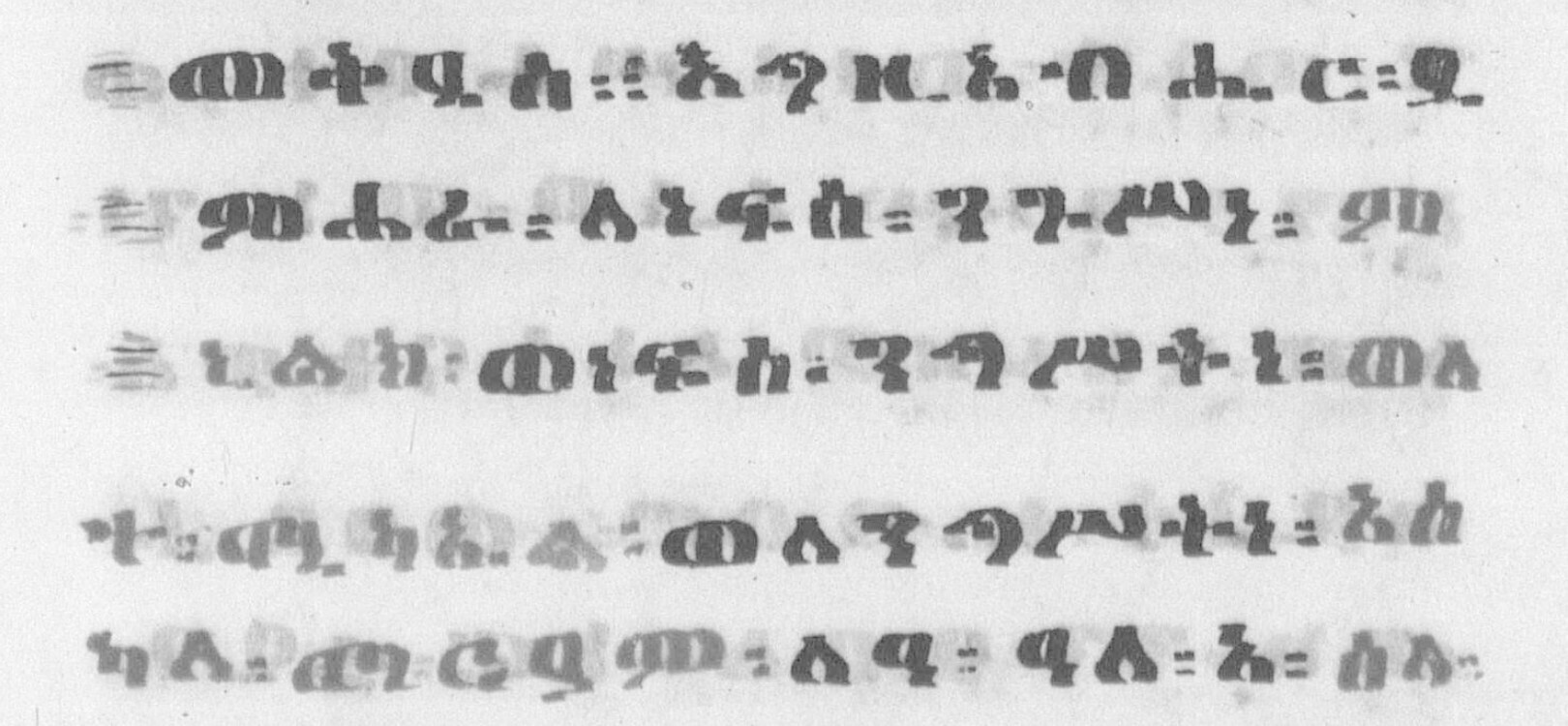
These folios in EMML 1853 demonstrate that a sudden change happened that impacted Ethiopia all the way to its manuscripts. It is further memorialized with an entry for the late Emperor in the companion volume to EMML 1853, EMML 1852:
“And on this day, Menilek the Second, the king of kings of Ethiopia also died. He was a lover of God and people. May his prayer and the gift of his aid be with our queens Walatta Mika'el [Ṭāytu] and Askala Māryām [Zawditu] forever and ever, amen.
Peace be with Menilek, the companion of Job in his dedication,
And the friend of Abraham in his excellence.
Peace to this king, a lover of the Lord and of his Mother [Mary];
The land of Egypt saw him and praised him for his beautiful kingdom,
And even the sea bowed down to him.”(EMML 1852, folio 66r)
Church Builder and Manuscript Donor
Upon taking the throne, Empress Zawditu had a pronounced impact on the churches of Addis Ababa during her 14-year reign. At least five churches in the city were built at her order: Manbara Negeśt Qeddest Qwesqwām Church, Qeddus Yoḥannes Church, Dabra Salām Qeddus Esṭifānos Church, Ledatā Māryām Church, and Ba'atā Church. In addition to building these churches, Zawditu also provided manuscripts to be the foundation for their libraries.
The Ethiopian Microfilm Manuscript Library Project (EMML) photographed dozens of manuscripts that had either been commissioned or purchased by Empress Zawditu for the purpose of donation to the churches of Addis Ababa. These manuscripts represent some of the finest examples of early-20th century scribal practice and bookmaking in Ethiopia. One example is the use of engraved metal on the covers of a manuscript in the collection of Qeddus Rāgu'ēl Church, EMML 103. The use of metal adornment on manuscript covers is very rare for Ethiopian manuscripts.
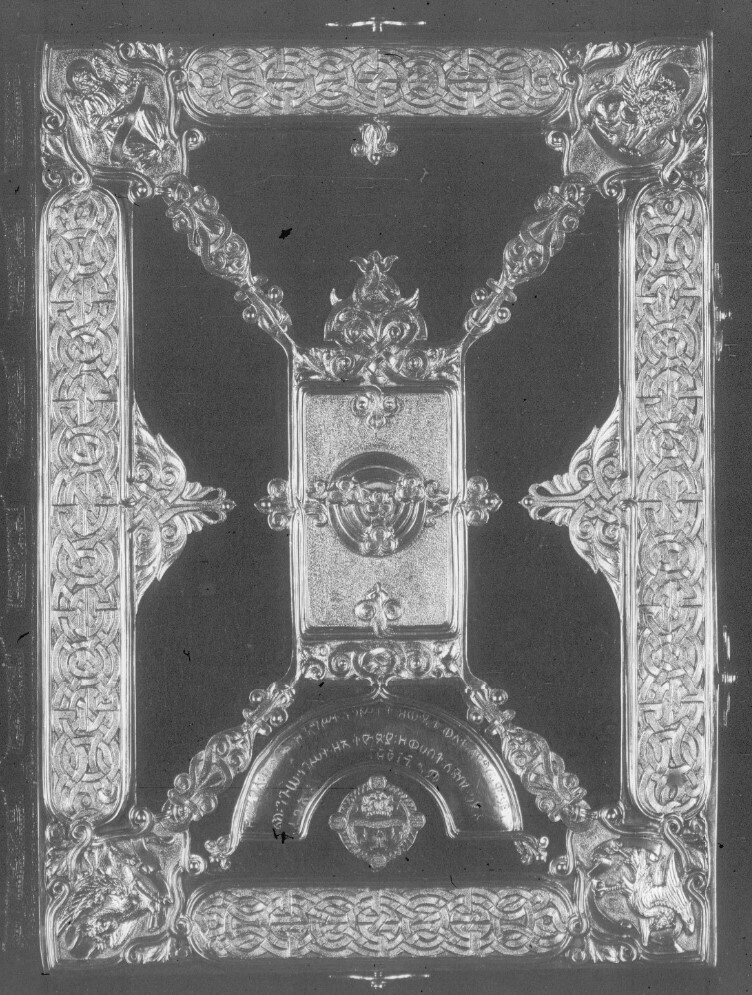
A demonstration of the scribal skill on display in Zawditu’s donated manuscripts can be found in the manuscripts’ paintings and in the decorative ornamental bands called ḥarag (ሐረግ).
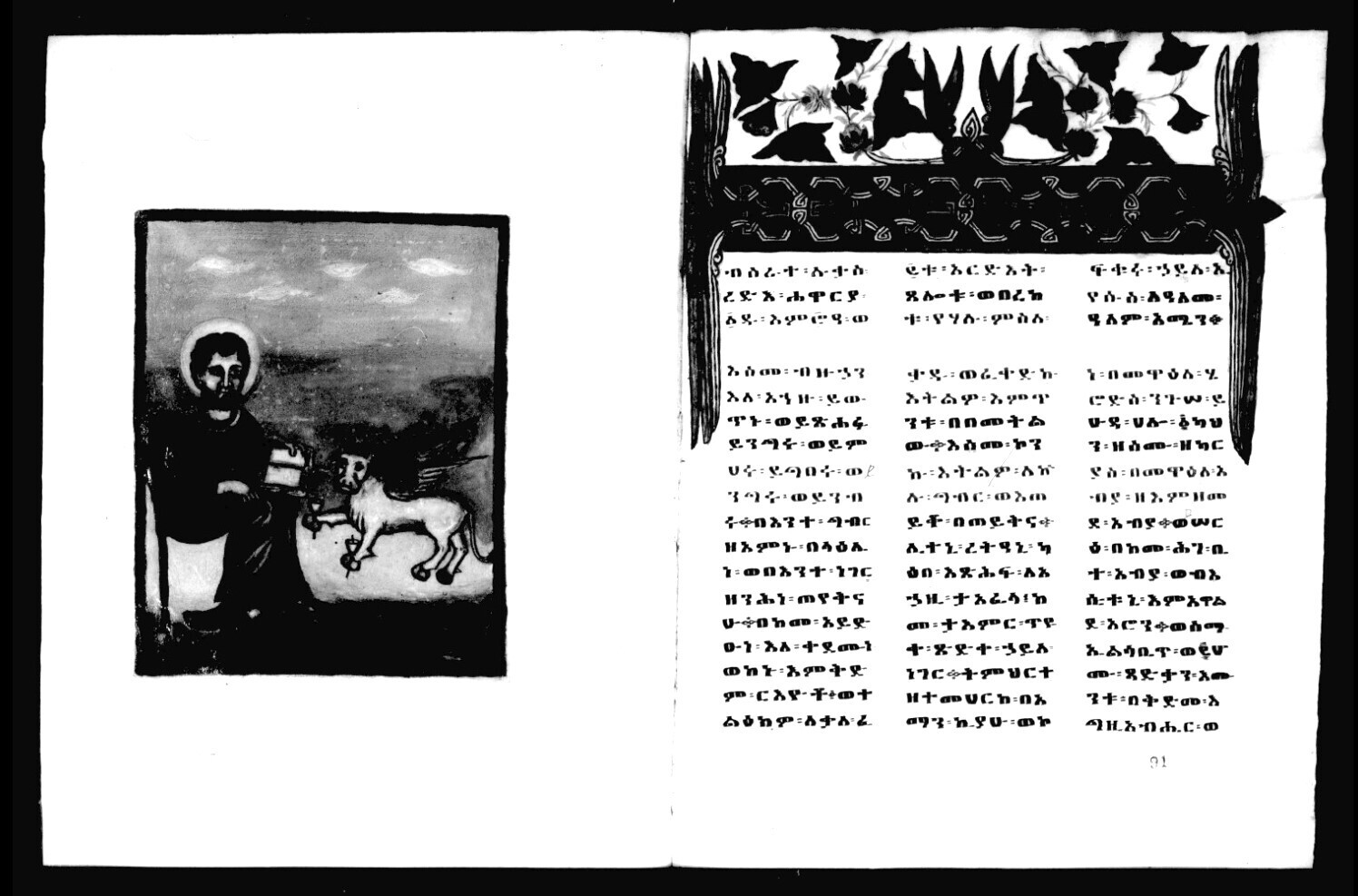
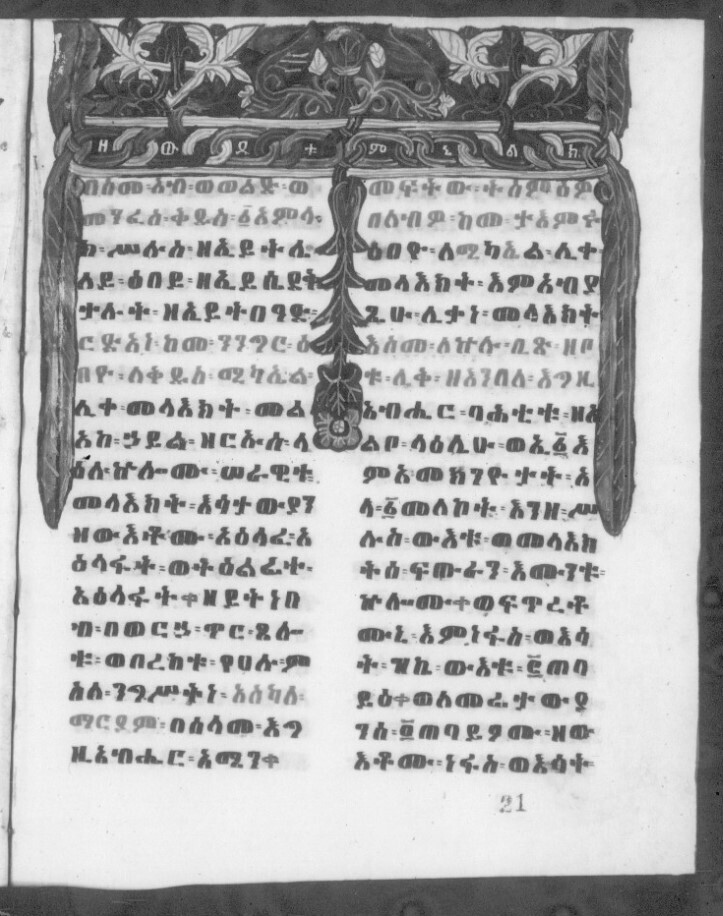
There is no clearer example of Zawditu’s influence as church builder and manuscript donor than at Ba'atā Church. The church was established in 1927/1928 CE at her command, to be the final resting place of Emperor Menilek and Empress Ṭāytu. Zawditu also provided for the church library. In fact, of the 55 manuscripts photographed in this church by EMML, 41 of them are a part of her donation. Zawditu’s patronage was foundational for Ba'atā Church, and she was laid to rest there just a few years after it was established.
The manuscripts of Empress Zawditu provide a glimpse into her connection with the churches of Addis Ababa in the early 20th century and into the importance of patrons for newly founded churches. You can see the dozens of manuscripts donated by Empress Zawditu by searching for “donated by Empress Zawditu” or “copied for Empress Zawditu” in HMML Reading Room.

